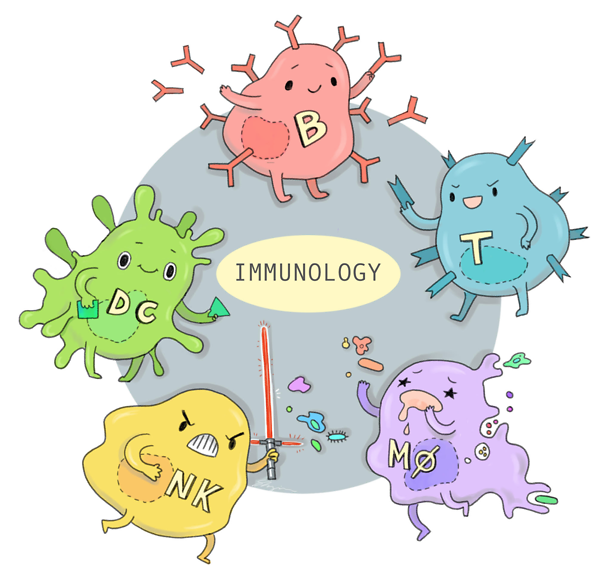[postponed] Tsung-Yen Huang, With Hunger, Works Harder: How Does Cellular Metabolism Regulate the Function of TH17 Cells

Date
Location
Description
[postponed! updated 2020-03-25] Following the campus-wide social distancing advice, we are postponing this seminar. Details will be announced later.
Speaker: Tsung-Yen Huang, Immune Signals (Ishikawa) Unit
Title: With hunger, works harder: how does cellular metabolism regulate the function of TH17 cells
Abstract: T helper 17 (Th17) cells are capable to differentiate into various lineages which can either act as critical drivers of autoimmune diseases or participate in the intestinal homeostasis in a non-inflammatory manner. It remains unclear that how cellular metabolism regulates the fate commitment among different Th17 subtypes. To identify the metabolic pathways involved in the generation of pathogenic Th17 cells, we compared the metabolomic profiles between in vitro polarized non-pathogenic Th17 cells (referred to as Th17(B)) and pathogenic Th17 cells (Th17(23)). The metabolomic analysis showed that a broad spectrum of cellular metabolism, including glucose metabolism, fatty acid oxidation, and purine metabolism, were altered in the pathogenic Th17(23) cells. Furthermore, the inhibition of glycolysis through either 2-deoxy glucose (2-DG) treatment or glucose starvation could enhance the IL-17 expression in both Th17(B) and Th17(23) cells, and 2-DG altered the expression pattern of transcription factors which predominantly control the fate commitment in different Th17 lineages. These results indicate metabolic alteration is associated with Th17 differentiation, and modulation of glycolytic activity can control the immunofunction of Th17 cells.
Please join the discussion with pizza and drink after the seminar!
Subscribe to the OIST Calendar: Right-click to download, then open in your calendar application.



